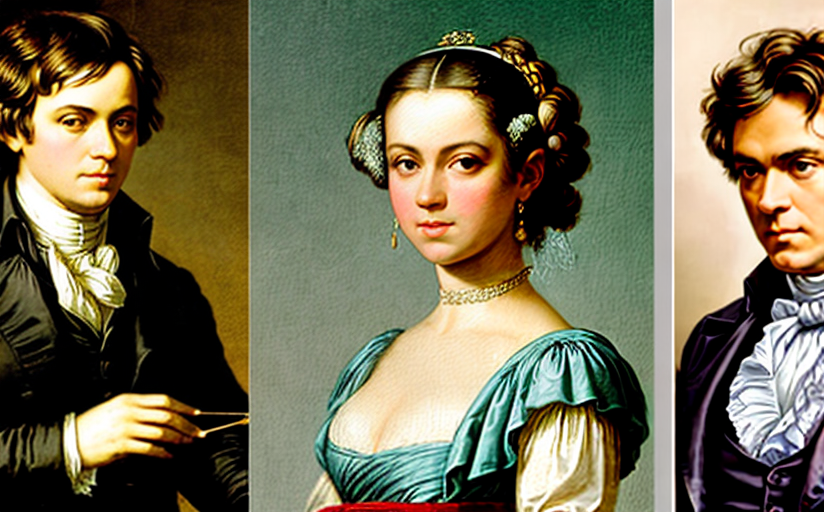Exploring the Influence of Classical Music on Modern Pop Culture
Classical music has a deep-rooted influence on modern pop culture, having significantly contributed to the evolution of mainstream music genres and the overall music industry. Over time, elements of classical music have been artfully incorporated into modern music, impacting its sound, composition techniques, and stylistic trends, while also leaving a distinguishable footprint on other aspects of modern culture.
Incorporation into Mainstream Music Genres
Classical elements are often found in modern music. These elements are typically woven into compositions to offer richness and depth or to evoke a particular emotional response. Elements like the piano can be found in Adele's songs, while synthesizers reminiscent of the Baroque period permeate the music of electronic artists like LCD Soundsystem.
Significant Influences on Pop Artists
Several pop artists draw inspiration from classical composers in the crafting of their pieces. For example, the Beatles were known to incorporate elements from the works of Bach, Beethoven, and Mozart into their compositions, essentially blending classical styles with pop music of the time. Band member Paul McCartney has even collaborated with Carl Davis to produce several classical concerts and a classical album titled 'Liverpool Oratorio.'
Classical Music's Influence on the Evolving Music Industry
Classical music has also had a profound impact on the current state of the music industry. For instance, it has played a part in the development of music streaming platforms. According to experts in the industry, the availability of classical music on these platforms is 'driving new audience experiences and expanding the listening base for classical music.'
Influences on Other Aspects of Modern Culture
Fashion, art, media, and entertainment are among many facets of modern culture that have been influenced by classical music. For instance, modern music videos often incorporate elements of classical narratives and aesthetics, while fashion trends often draw inspiration from the attire worn by classical musicians.
Conclusion
Classical music's influence transcends its own genre. Its incorporation into modern music and pop culture signifies its timeless relevance and continues to drive evolution in these fields. Understanding this influence is pivotal, not only for musical development but for the progression of our broader cultural landscape.
References
- Adele: 21. (2011). Columbia Records.
- Jurgenson, A. (2019). The Classically Sound of The Future. Billboard Magazine.
- The Beatles: Sgt. Pepper's Lonely Hearts Club Band. (1967). Parlophone.
- McCartney, P., & Davis, C. (1991). Liverpool Oratorio. EMI Classics.



















Comments
Leave a Comment